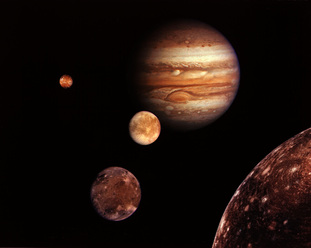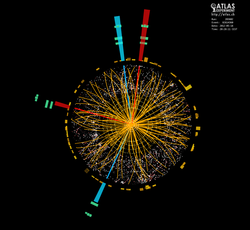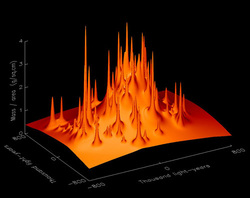
As we get older, therefore, the subjects of our research tend to focus on things which will reliably conform to experiment in the same way now as they did a hundred years ago. Constants are the core of reason, many would have us believe. So new theories come about to shatter old theories and it's assumed that the old theory was wrong. Einstein's Relativity has stood the test of time, but it gets battered now and then by a young newbie waving a wand of quantum mechanics at it and shouting loudly about paradox.


 RSS Feed
RSS Feed
